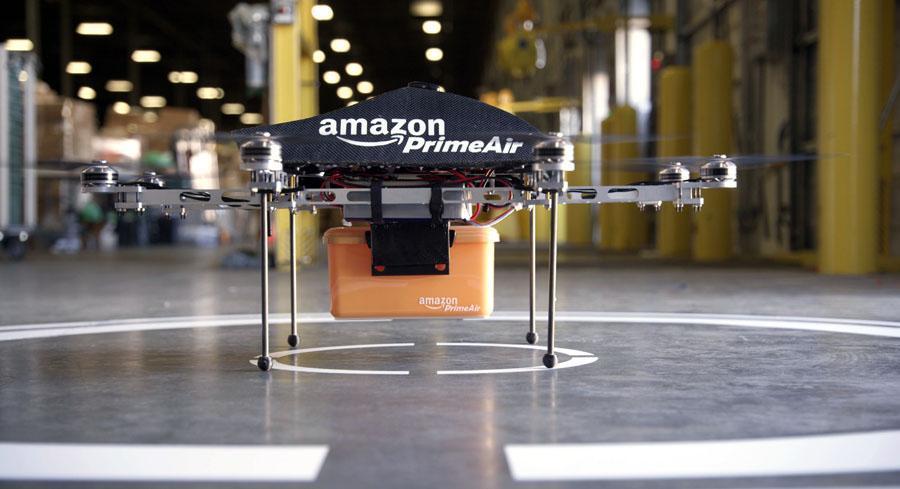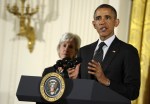On the heels of Black Friday and the eve of Cyber Monday, Amazon revealed a technological advancement in customer service: “Octocopters.” No, this is not some fictitious creature dreamed up for a comic book, nor is it the “hot” toy for 2013’s Christmas season. It is the latest innovation in delivering goods to people via unmanned drones.
Videos by Rare
The concept of drones is becoming passé, but Amazon’s new innovation represents the possibilities to connect like never before.
The technology announcement also represents a new challenge for government: how will it control a burgeoning private drone industry?
Fear not, the government has already jumped on the chance to regulate. A Senate hearing is already scheduled for 2014, according to a spokeswoman for Sen. Jay Rockefeller (D-W.V.).
There seems to be an appropriate, though limited, role for government here. We mastered regulating ground transportation, then came the skies. Now we are faced with somewhere in between: who will rule the middle-ground? The possibilities – good or bad – to occupy a new space are immense.
I assume that the government will do whatever it can to hamper future innovation with red tape and ridiculous oversight. Amazon CEO Jeff Bezos and those who dare to tread a similar path will be subjected to the up-most scrutiny.
Such will be the likely path for private-sector drones used to enhance civilian life and encourage economic activity.
Sadly, the same level of oversight and concern cannot be said for drones that our government uses on its own citizens.
It took a confirmation battle for the CIA chief earlier this year just to force the Obama administration to turn over classified documents explaining the administration’s justification for using targeted drone strikes against American citizens. In this case, they were American citizens in other countries who were engaged in the war on terror, but American citizens nonetheless.
It then took a 13-hour filibuster on the part of Kentucky Junior Senator Rand Paul to force the administration to answer whether or not drones could be used against American citizens suspected of being terrorists within the United States. Only after this blustery show of conviction did some Americans seem to take notice.
A battle over the Fifth Amendment – your right to due process – was forced to the forefront of a debate that would have otherwise been kept hush-hush by a reluctant administration. This is big stuff – our rights to life, liberty and due process – and it is a discussion the administration didn’t want to have. The White House used the technology without the regard for the constraints of our laws and the consequences of violating our rights.
This seems to be all backwards. Using drone technology to kill Americans became a silently accepted practice within our government, but as soon as the private sector offers a viable use of the technology to benefit consumers, they will likely be subject to years of public discussion and Congressional scrutiny.
Then there’s the use of domestic drones used by law enforcement in the United States, which calls into question our privacy and the emerging “police state” or “surveillance society.” We must also think about the use of drones among private citizens. Will it be OK for your neighbor to fly a drone with the potential to capture data of your private property but unacceptable if law enforcement engages in a similar activity?
Our approach to any regulation of drones and the “middle ground” must be consistent:
- Drones, no matter what their intended purpose, cannot be used to deprive American citizens of life, liberty or property.
- Drones, no matter what their intent, cannot be used to gather information without a proper warrant.
- The use of drones by our government must be transparent and its purposes limited.
- The use of drones by private industries must be standard, no picking winners and losers.
- Decisions of private drone use should be made by those representing the people.
The tension between emerging technology and government is palpable. Technology moves more rapidly than government and will only get exponentially faster as equipment gets smaller and data becomes a coveted source of power.
I am highly encouraged by emergent technologies. I am also aware that there are two sides to every coin. On the one side we secretly use technology to kill citizens, and on the other side, there is the potential to gain access to a world of products quicker than ever before.
Both can co-exist if we are mindful in our approach and transparent in our use.



